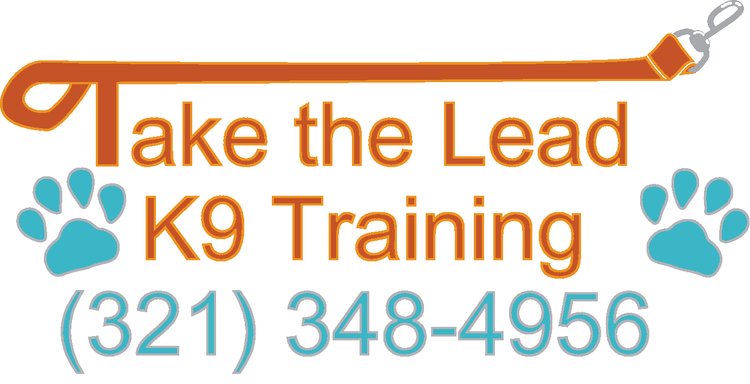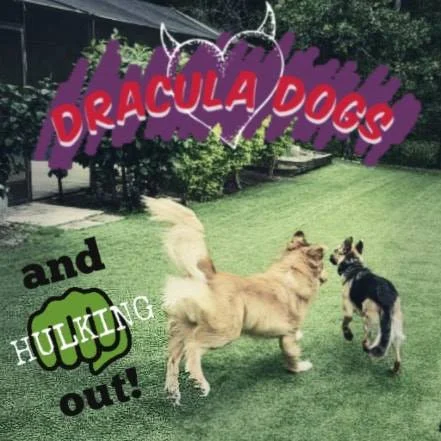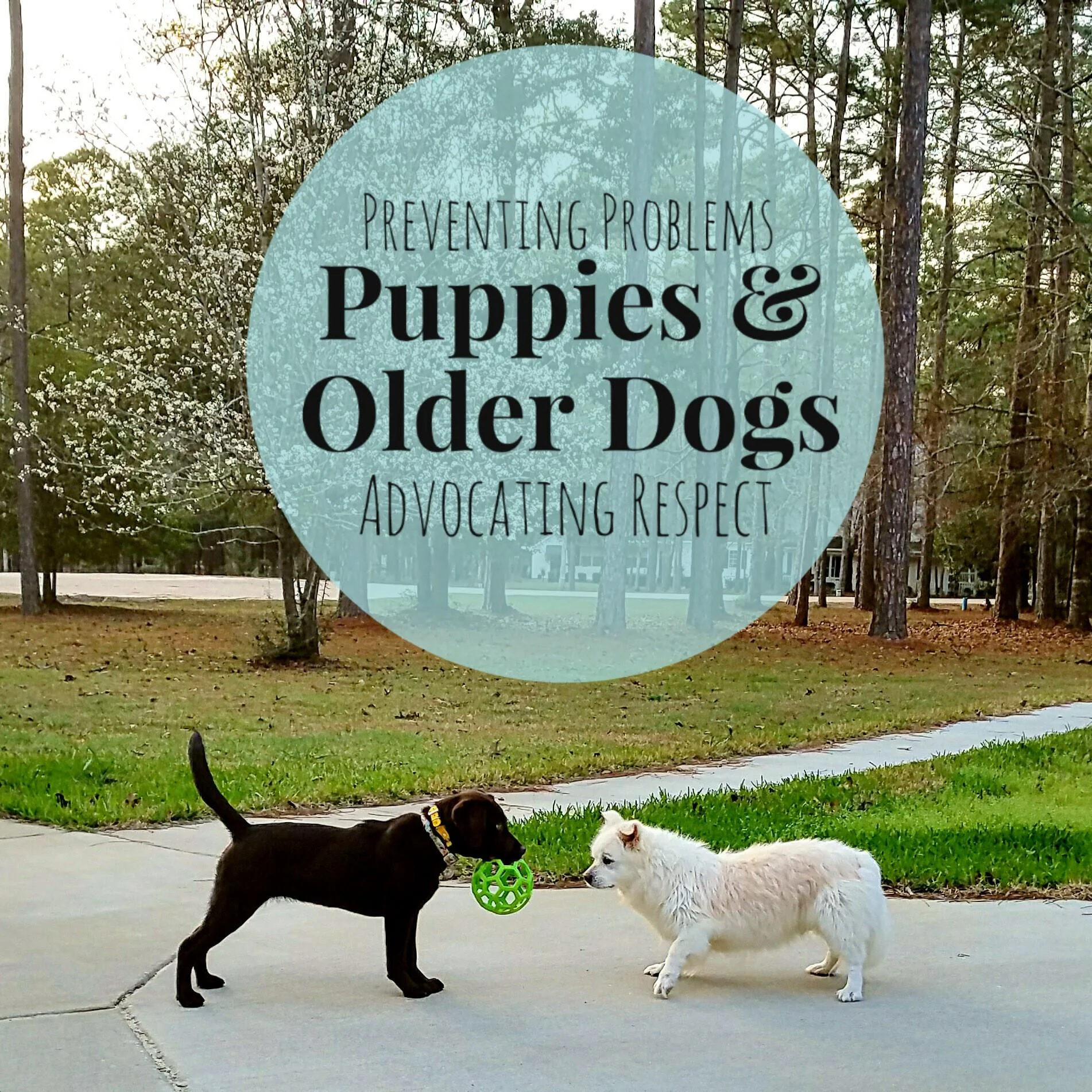Big and Littles: Things to be aware of when socializing dogs of different sizes
When it comes to socializing dogs, there are many things to be aware of to keep everyone safe!
Learning how to read body language, de-escalate arousal, address over excitement or bullying, advocate for each dog, and match good social partners are all important foundation skills as you start working on socialization. You have to basically play lifeguard to a sea of dogs!
What some folks may not realize is that size of dog should be taken into account in socialization, as well!
I'm sure we've all see the "small dog section of the dog park" and not questioned it, because it has a shorter obstacle course, smaller water bowls, and appears to be calmer at times (fyi, I don't recommend dog parks at all but the fact that many have a small dog section is commendable!). Have you ever seen a small dog in the big dog section, though?
First off, be very aware that some larger dogs have strong prey drive and view little dogs as something to hunt - just like how they go after cats, squirrels, possums, etc. Predatory behavior is very strong in many breeds. Be careful!
The reality is that many small dogs can "hang" and hold their own with the big guys and isolating them from bigger pals just seems like overkill. That said, the humans responsible for socialization need to be very aware of how much influence they have over their group of dogs at all times, but especially when there is a small dog in the mix.
At first glance it's easy to look and think - well yeah, they're much smaller than the other dogs so getting stepped on or run over during play will be very rough and possibly cause an injury. That's so true! If play gets out of hand, a little could get hurt.
But what if your little doesn't really play and minds their own business? That certainly keeps physical interactions down, but always be aware of what is going on around them. Dogs use body language, growls, snaps, barks, etc to communicate with each other, and if there is a scenario where a little dog snaps, barks, or lunges at a bigger dog (maybe asking for space or possibly guarding something and being possessive) and the bigger dog doesn't take the hint and sees them as "fighting words," you've got a serious problem.
In both of the above scenarios, whether it's a little playing or a little trying to communicate in the yard - if an injury happens (or maybe they just get scared or overwhelmed), they may vocalize/cry - which immediately becomes a safety issue. The crying/yelp of any dog, but particularly a small dog can set off the prey drive of others. Before you know it, you've got instinct taking over and dogs trying to go after the crying dog. I know it sounds gruesome, but the reality is they are dogs...why do you think they love squeaky toys so much? It's because they are designed to click into their predatory instincts by replicating the sound of injured prey! Never forget, dogs are apex predators living in our homes. Owners must be smart and aware about interactions with others!
This doesn't mean that bigs and littles can't coexist or even play well together - what it does mean is that the human responsibility for this "puppy party" needs to be matching appropriate partners (not just every dog can be with any dog), know how to identify and address potential conflict or high arousal situations, and have influence and respect of all the dogs present.
Be smart and aware about socialization so you don't put your dog in a situation to fail!








